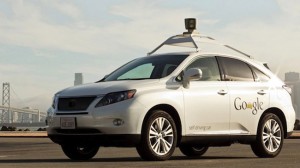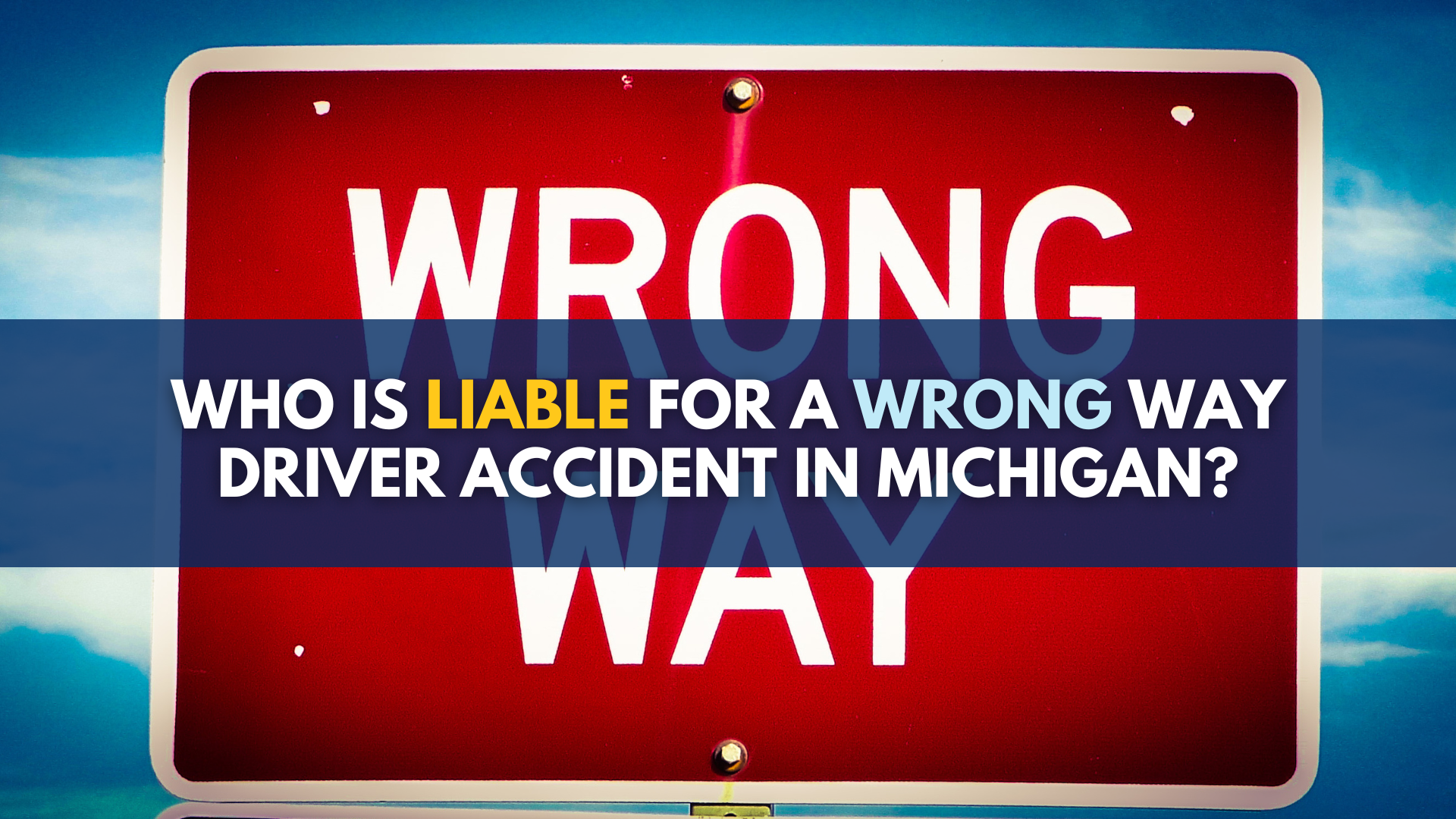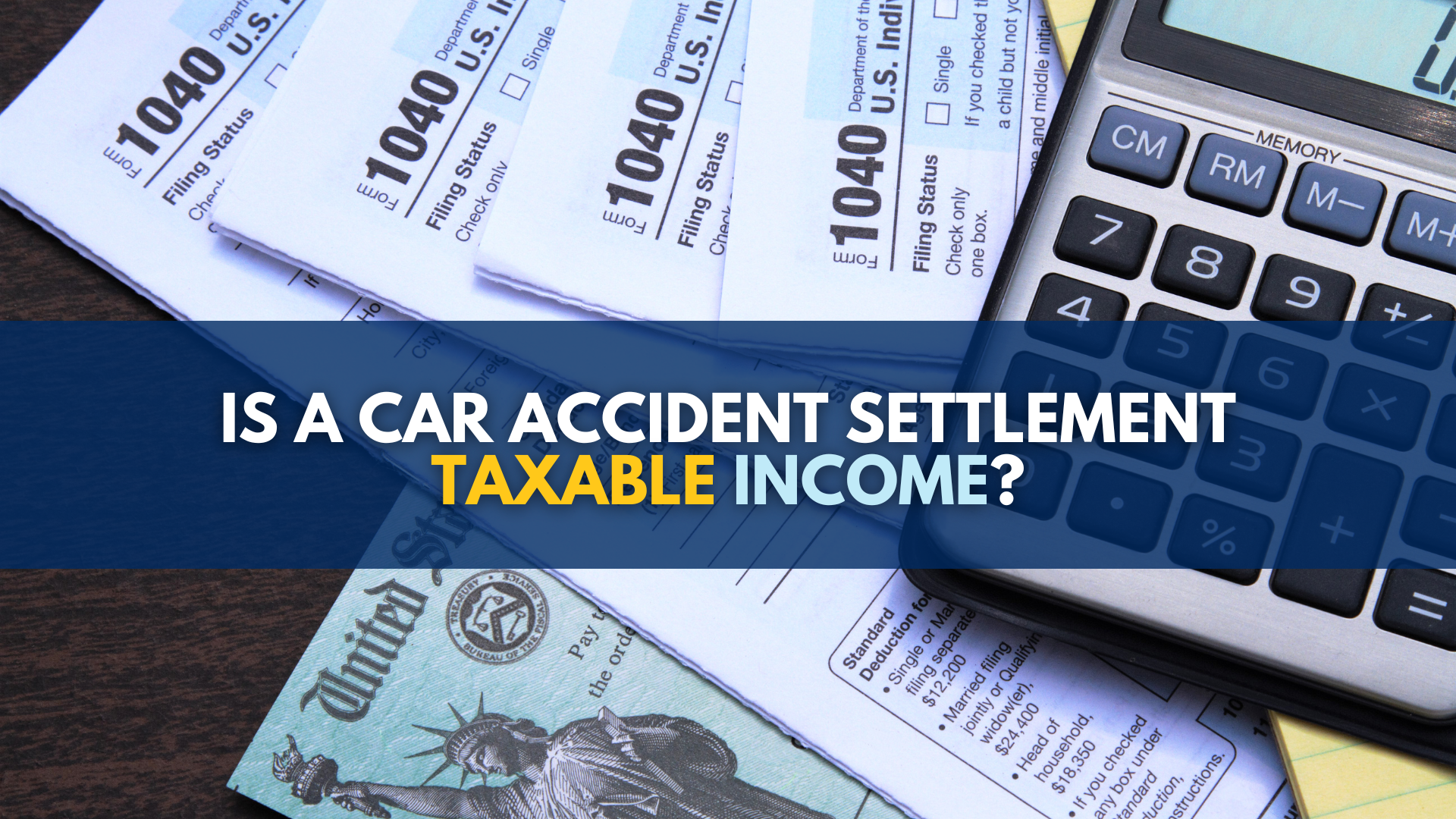
And the University of Michigan will be home to a $6.5 million, 32-acre test site for these driverless cars
Driverless cars— also called self-driving cars, autonomous cars and robotic cars, even Google cars — are vehicles with advanced technology that enable them to sense the environment and navigate without a human driver behind the wheel.
If everything falls into place, driverless cars will prevent crashes, enable people with disabilities to now drive, and even make the entire trucking industry more safe.
Unfortunately, the laws as they stand now would protect manufacturers and installers by limiting civil liabilities. Senate Bill 169 (now officially known as Public Acts 231 of 2013) cleared the way for the road-testing and laid out the ground rules.
Here are some questions I’d like to address regarding driverless cars in Michigan and the new laws:
Q: How come so few people are questioning the safety aspect of driverless cars, given all of the potential risks?
A. First, the laws do not permit the operation of driverless vehicles on Michigan’s roadways unless there is an actual, human driver present. The new law provides that there must be a licensed, experienced driver present who “has the ability to monitor the vehicle’s performance and, if necessary, immediately take control of the vehicle’s movements.”
Second, the new law imposes substantial restrictions on when and how a driverless car can be operated on Michigan’s roadways. They can only go on the road to “transport” the vehicle from one place to another or to “test” the vehicle.
Q: What about “defects” of driverless cars as a factor for liability?
A. For the manufacturers of the self driving cars, the manufacturers of their vehicle technology and the installers such equipment, the new laws provide limited immunity from civil liability for personal injury damages that may result from the crash of or from an accident involving a self driving car.
But there are very limited circumstances that allow for manufacturer liability. If the cause of the resulting personal injuries is a defect that was “present in the vehicle when it was manufactured” and/or it was “present in the equipment when it was installed,” then the manufacturers and/or installers may be liable, according to the new law.
Q: Are the rights and legal protections of consumers in jeopardy with driverless cars?
A. It’s important and necessary for the law to change in order to allow room for driverless vehicle technology to develop. But declaring that manufacturers and installers will be essentially “immune from civil liability for damages” ignores all of the unforeseen ways that this technology may pose a danger to our families and innocent drivers on our roads.
And while the new laws give considerable leeway to manufacturers and installers to nurture their budding technology, they strip auto accident victims of many options for legal recourse should the new technology prove more dangerous than is promised, and injure or kill innocent people.
Q: What are the conditions and requirements manufacturers must follow to test self driving vehicles?
A. In addition to the requirement that there must be an actual, human licensed driver present who’s able to “take control of the vehicle’s movements,” the following conditions must be met in order to legally test a self-driving car in Michigan:
- The driverless car must be covered by a valid Michigan No Fault auto insurance policy;
- The vehicle’s operator must be “authorized” by the manufacturer of the “automated technology” that’s being tested.
- A special license plate from the Secretary of State must be obtained.
Q: What additional safeguards and laws should be in place for testing of self driving cars?
A. As an injury attorney, I’d like to see federal agencies like the U.S. Department of Transportation get involved by setting minimum safety standards for the testing and operation of driverless cars on public roads. That’s more important than many people realize, because there are so many different companies working on this technology at once.
Second, I think that insurance coverage with appropriate bodily injury liability limits should be required specifically for self driving cars. Given the new technology and the many questions that have yet to be answered, I would like to see basic liability minimums of at least $1 million. If, as the proponents of the technology say, driverless cars will reduce the incidence of automobile accidents to near zero, then we can truly have the best of both worlds – much higher limits to protect the innocent public and at far less money than we pay today to protect and insure against automobile accidents caused by human error.


